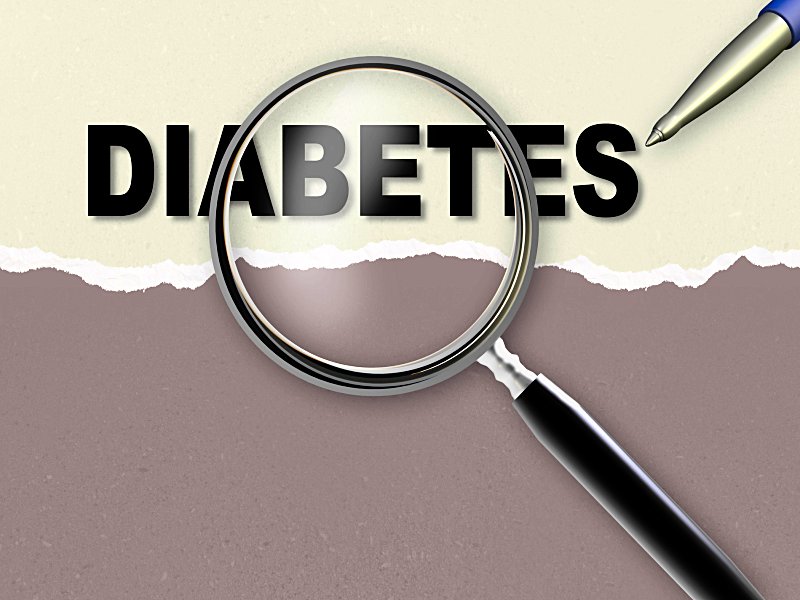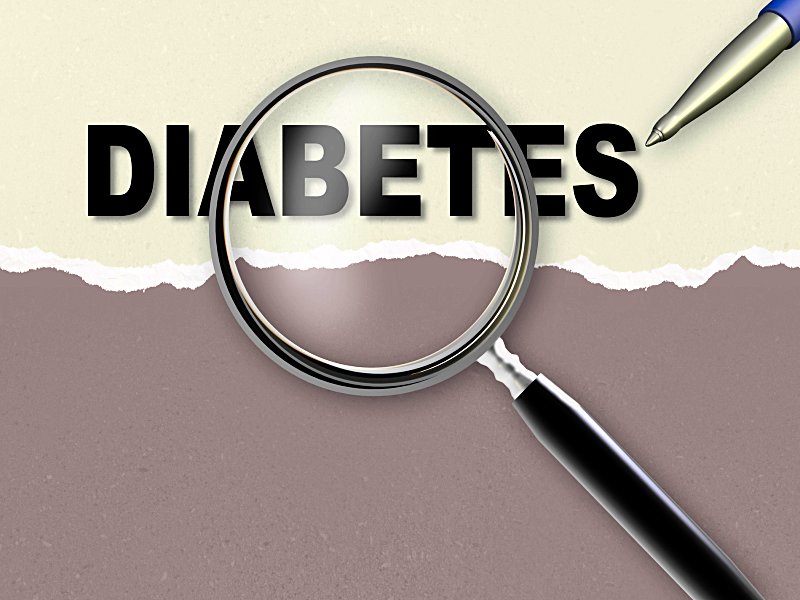Diabetes increases heart attack risk by 50%: study
Fri 24 Jun 2016, 12:42:04
A new study has found that diabetes can raise the risk of heart attack death by 50%. Researchers at the University of Leeds tracked 700,000 people, who had been admitted to hospital with a heart attack between January 2003 and June 2013. Of these, 121,000 had diabetes. After stripping out the effects of age, sex, any other illnesses and differences in the emergency medical treatment received, the team found stark differences in survival rates.
People with diabetes were 56% more likely to have died if they had experienced a ST elevation myocardial infarction (STEMI) heart attack – in which the coronary artery is completely blocked – than those without the condition. They were 39% more likely to have died if they had a non-ST elevation myocardial infarction (NSTEMI) heart attack – in which the artery is partially blocked – than those without diabetes.
Lead researcher Dr Chris Gale said that these results provide robust evidence that diabetes is a
significant long-term population burden among patients who have had a heart attack. Gale noted, “Although these days people are more likely than ever to survive a heart attack, we need to place greater focus on the long-term effects of diabetes in heart attack survivors.”
significant long-term population burden among patients who have had a heart attack. Gale noted, “Although these days people are more likely than ever to survive a heart attack, we need to place greater focus on the long-term effects of diabetes in heart attack survivors.”
Adding, “The partnership between cardiologists, GPs and diabetologists needs to be strengthened and we need to make sure we are using established medications as effectively as possible among high-risk individuals.”
He added that the next step in their research would be finding out exactly what it is about having diabetes that increases the risk of death following heart attack. Dr Mike Knapton, Associate Medical Director at the British Heart Foundation, which funded the study, said: “This research highlights the need to find new ways to prevent coronary heart disease in people with diabetes and develop new treatments to improve survival after a heart attack.”
No Comments For This Post, Be first to write a Comment.
Most viewed from Health
AIMIM News
Latest Urdu News
Most Viewed
May 26, 2020
Do you think Canada-India relations will improve under New PM Mark Carney?
Latest Videos View All
Like Us
Home
About Us
Advertise With Us
All Polls
Epaper Archives
Privacy Policy
Contact Us
Download Etemaad App
© 2025 Etemaad Daily News, All Rights Reserved.
































